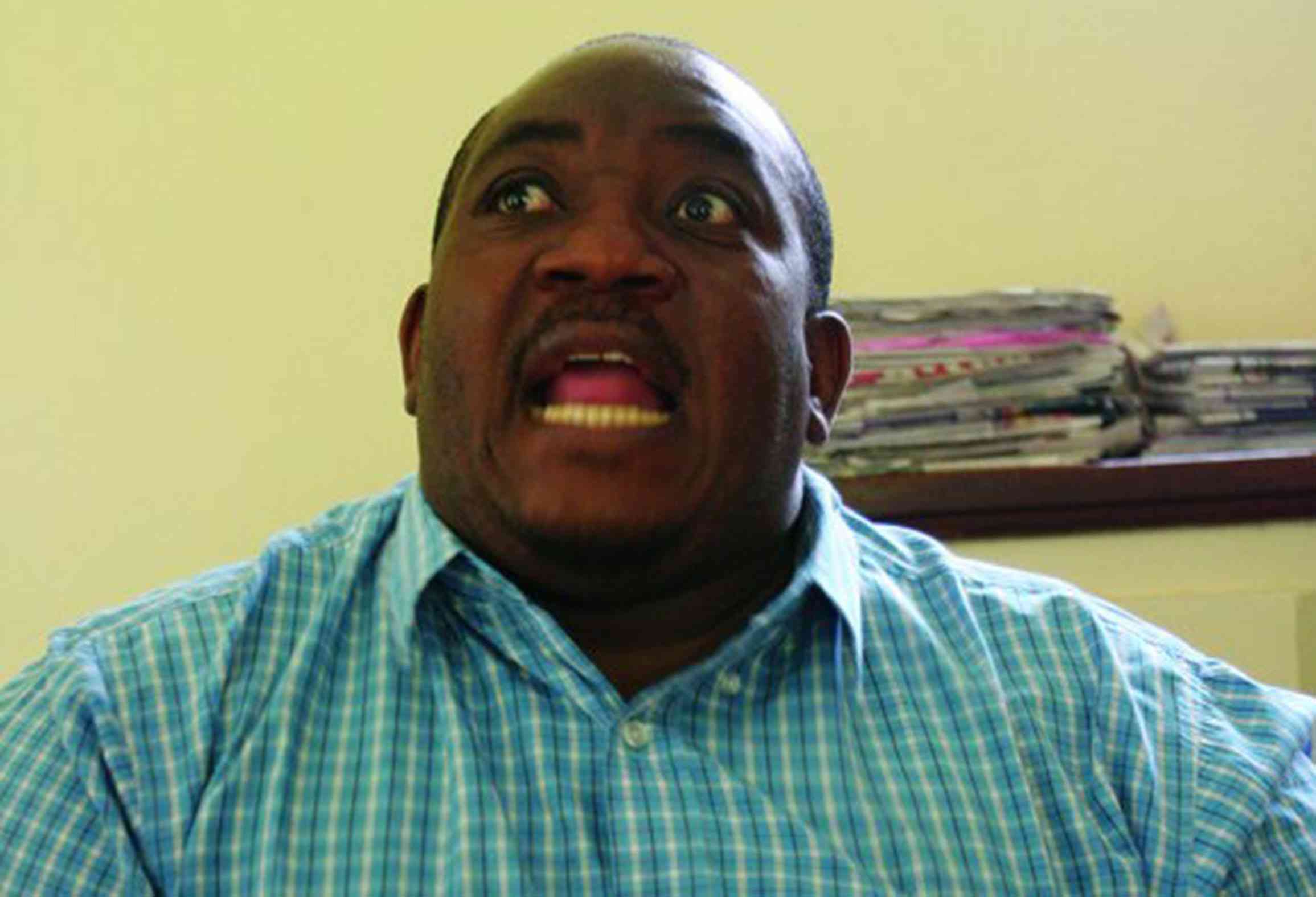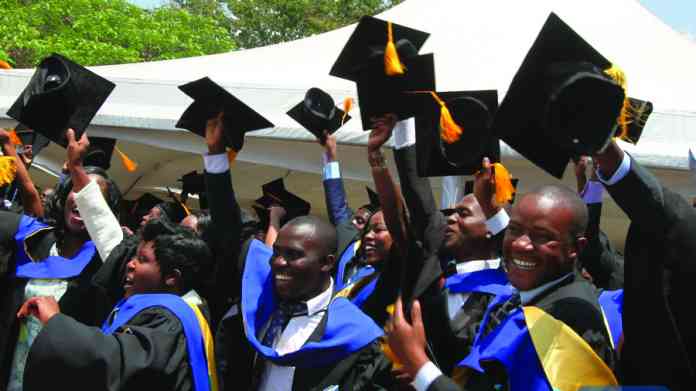
ZIMBABWE must deploy more resources into the public education system to improve pass rates in public schools, teachers’ unions said this week.
They spoke as the 2023 Zimbabwe School Examinations Council (Zimsec) Ordinary Level results recently released showed more than 70% of candidates who sat for five or more subjects failed the examinations.
“A total of 270 129 candidates sat for the November 2023 examinations as compared to 278 760 candidates who sat for the same examinations in 2022…In 2023, a total of 185 021 wrote five or more subjects and 54 420 passed five or more subjects with a grace C or better,” Eddie Mwenje, chairperson at Zimsec, said, noting that the 2023 pass rate was 29,41%.
An analysis of Zimsec O’ Level pass rates revealed a decline from 32,83% in 2018 to 31,6% in 2019.
The pass rate declined to 24,8% in 2020 before rising to 26,3% in 2021, and 28,9% in 2022.
The years 2020 and 2021 were the hardest for the education system as hard lockdowns inspired by a deadly Covid–19 pandemic grounded world economies, with governments battling to stem contagion.
The crisis was also felt on the economic front, where Zimbabwe said arrivals plummeted by 90% within the first year of the scourge.
Public schools in Zimbabwe were the worst affected by the pandemic, as the majority of students could not access lessons via electronic platforms due to several reasons.
- Mavhunga puts DeMbare into Chibuku quarterfinals
- Bulls to charge into Zimbabwe gold stocks
- Ndiraya concerned as goals dry up
- Letters: How solar power is transforming African farms
Keep Reading
Although the 2023 pass rate improved, from 2022, experts said with more resources targeted at decongesting classrooms, improving staff morale and directed at purchasing critical requirements like textbooks, O’ Level pass rates could improve in public schools, which face many problems including low budgets due to a prolonged economic crisis.
Education experts said Zimbabwe must also address its economic crisis, which has thrown about 90% of Zimbabweans out of unemployment.
Many of those that have entered the informal sector have seen affected by lack of funding and poor disposable incomes.
Without jobs, these parents have struggled to raise school fees. This is now being felt in schools, where officials say budgets have been under pressure.
A Basic Education Assistance Module (Beam) fund introduced in the 1990s is still in place.
But many underprivileged families targeted under the programme say in some instances, the funds are paid late.
Raymond Majongwe, secretary-general at the Progressive Teachers Union of Zimbabwe (PTUZ) said a fundamental factor in driving the education sector would be improved working conditions for teachers.
“Public education is underfunded, and morale in public schools is very low due to poor working conditions and pathetic salaries,” Majongwe told the Zimbabwe Independent.
His views were shared by Goodwill Taderera, secretary-general of the Zimbabwe Teachers Association (Zimta).
He said private schools were reporting better results because they were well funded.
However, the proportion of children attending private schools is far less than those in public schools because if discrepancies in fees.
“There are better resources in private,” Taderera said.
“The trend where public schools have been overtaken by private schools is due to underpaid teachers,” he added.
The Zimta official said higher enrolment levels in public school results in high teacher/pupil ratios, which much be supported by commensurate funding.
“Poor remuneration in public schools and better remuneration to private schools makes the difference. Although teachers are the same (in terms of qualifications), the number of learners also contribute to the motivation of teachers, and the level of resources that are poured into the private and public schools,” he said, noting that these were some of the factors determining pass rates.
Taderera said unions were concerned by government’s slow response to calls for improving the situation in the public education system.
“The government is not listening to key stakeholders, including teachers and their representatives,” he said.
“It is failing to finance education. To improve the education system, it is necessary to pay teachers, reduce teacher/people ratios, resource the schools and build more schools. Organisations are conducting research and submitting recommendations to the government, including on teacher salaries, class sizes, resources, infrastructure and development. Government must ensure they release funding as promised, particularly Beam funds, which have not been paid for the past year. Discipline is of importance in private schools for quality education delivery, while public schools often face challenges such as bullying and tardiness. I suggest we empower teachers, headmasters, and parents to handle these issues. Information communication technology is important in education, despite its high cost. We believe that to transform the education sector. We also need political will from the government and commitment by the public to overcome these challenges. Otherwise it may remain a pipe dream” said Majongwe.











